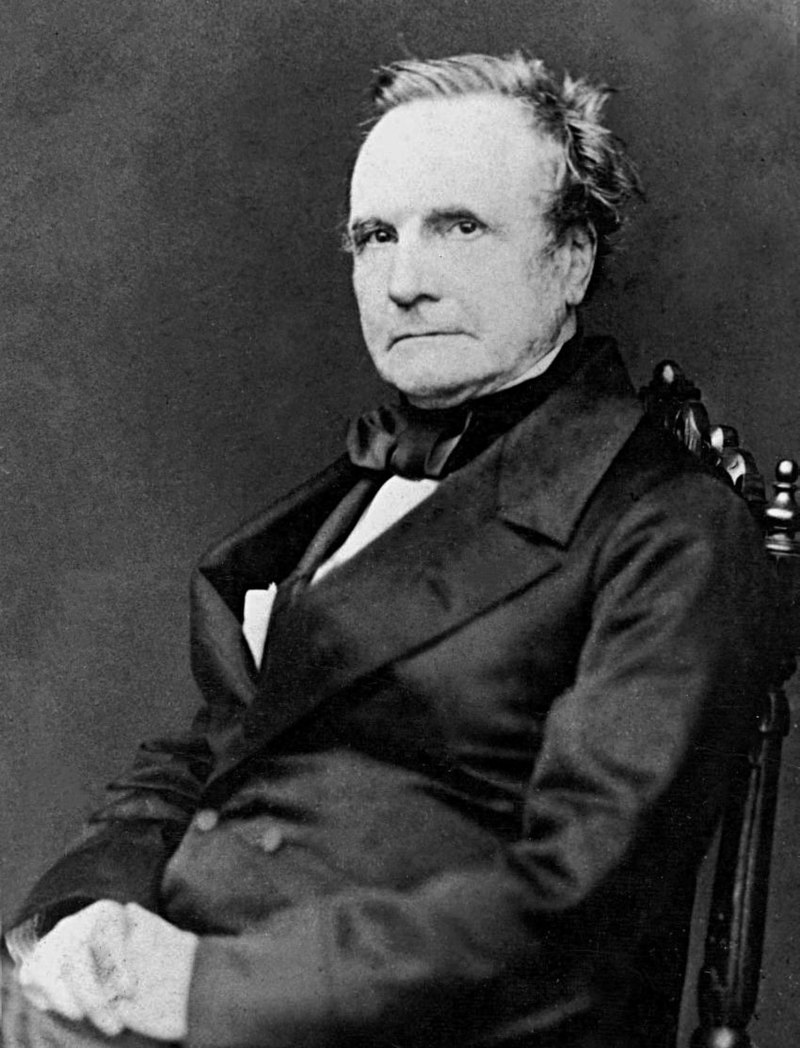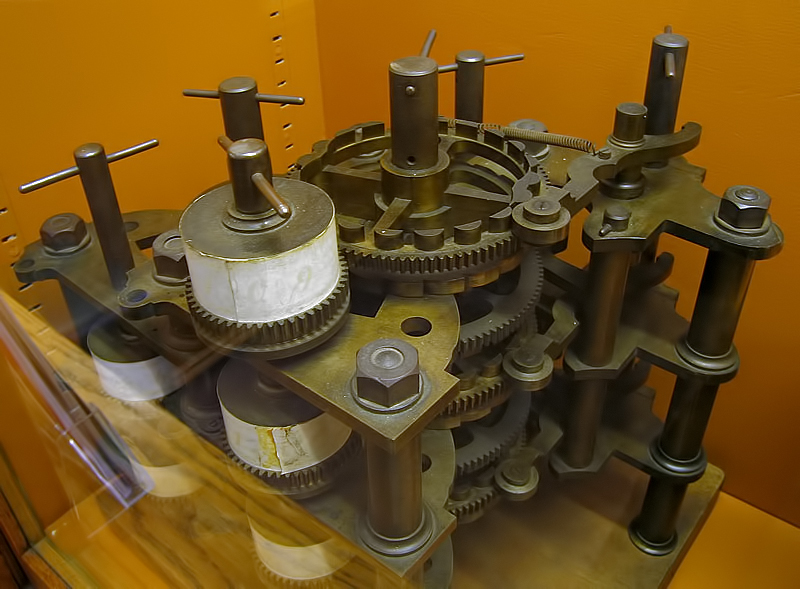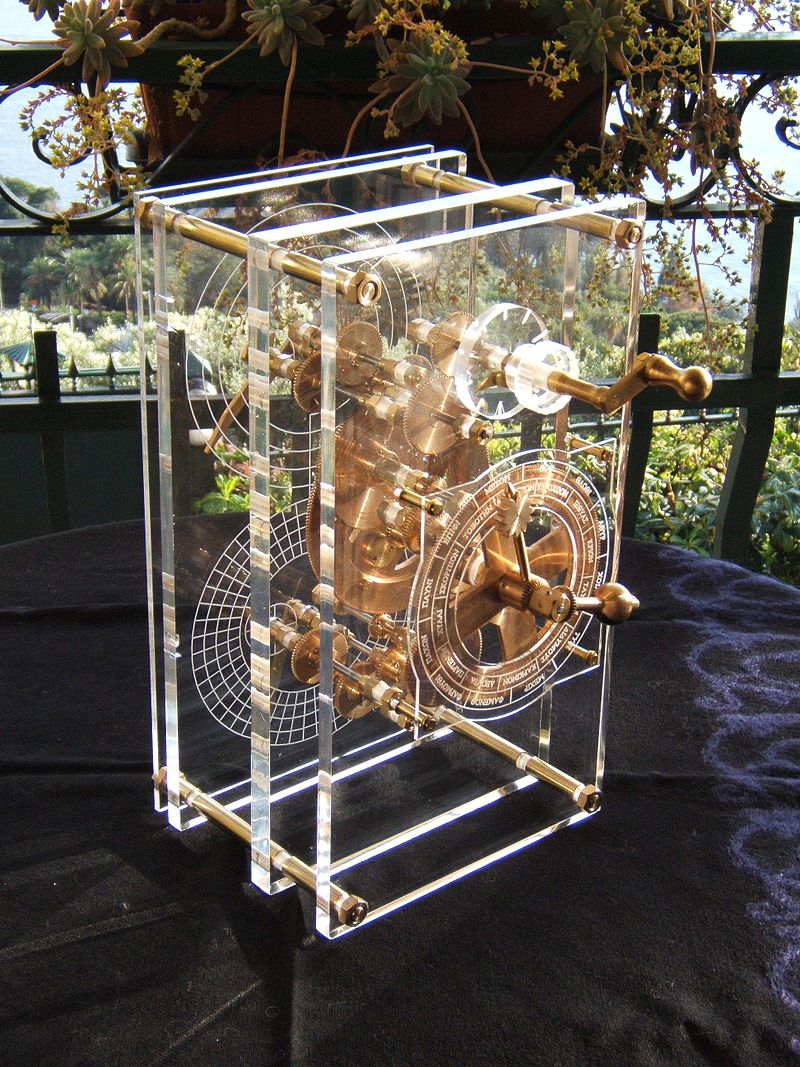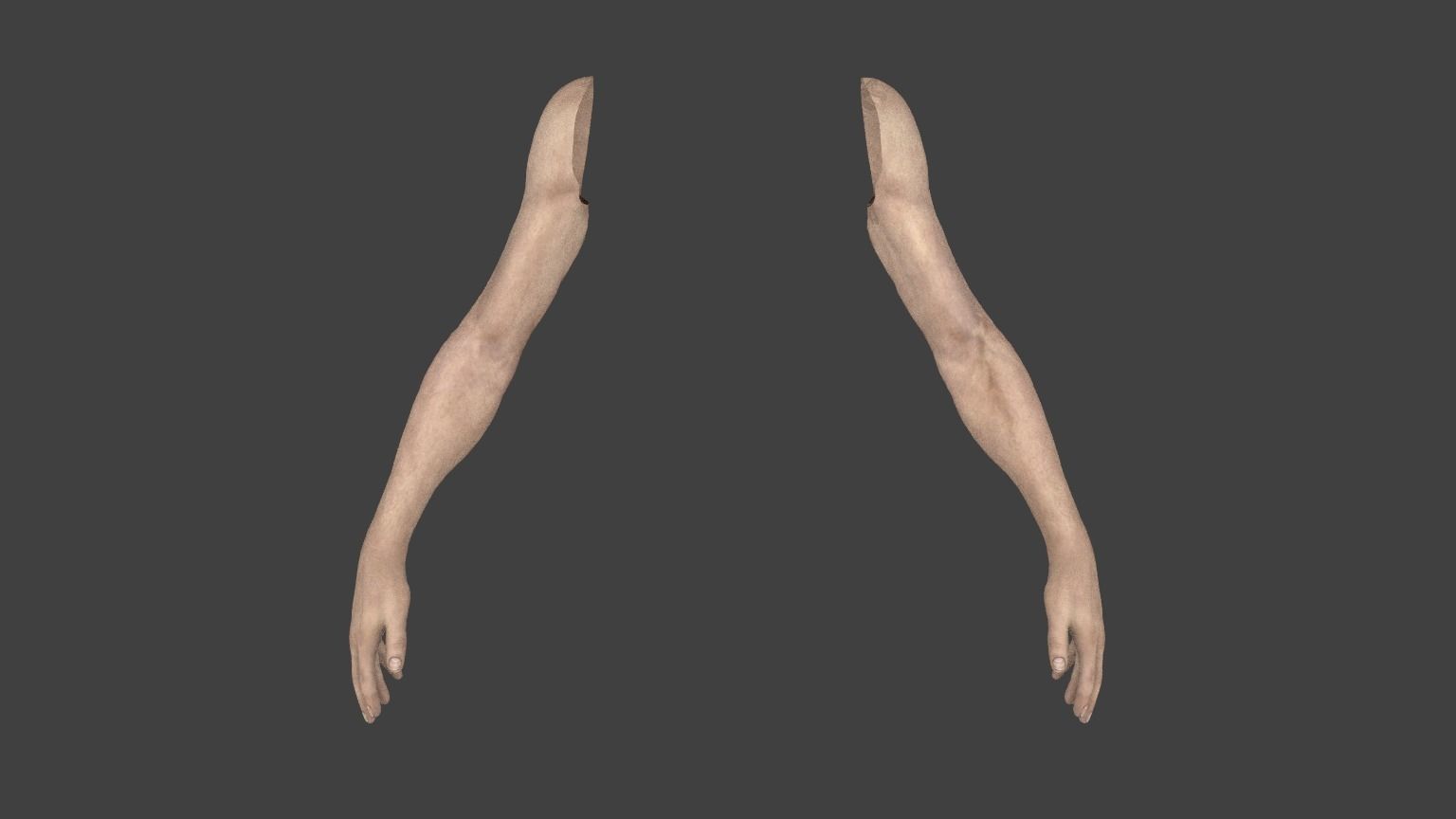The first computer ever was made by Charles Babbage. Being a British Polymath, Babbage made sketches of the first mechanical computing device ever.
Also, Charles Babbage contributed to the development of a modern-day computer.

By Unknown, Public Domain.
Contents
History of the First Computer Ever
However, the question about the first computer is somewhat ambiguous. Although Babbage invented two computers, only one of them can qualify as such. Therefore, Babbage’s devices are the Difference Engine (1822) and the Analytical Engine (1837). Lastly, only the latter had components similar to the modern-day computer.
As a result, the “Mill” is a CPU precursor, while the “Store” is Memory in today’s terms. Take a look at how the first mechanical calculator looked like.

By Photograph © Andrew Dunn, 5 November 2004. – Own work, CC BY-SA 2.0
However, Babbage’s Analytical Engine waited a century to come into existence. Lastly, the London Science Museum completed a working model. It was built using the elements that were available in Babbage’s time.
We can call Babbage the father of modern computing. However, we need to take a look into Ancient times to find the real father of the computer.
Dongwu Che – The First Ever Ancient Computer
The first analogue computer device is from the 5th century BC China. Therefore, researchers named it the Dongwu Che.
Another analogue computer, discovered in 1901 dates back to Greece between 205 BC and 60 BC. It’s called the Antikythera mechanism.

By No machine-readable author provided. Marsyas assumed (based on copyright claims). – No machine-readable source provided.
Own work assumed (based on copyright claims)., CC BY 2.5.
Secondly, after the fall of Ancient Greece, the world waited a long time for another computing invention. It took more than a millennium to witness the arrival of first-ever mechanical astronomical clocks.
Greek astronomical clocks were the first machines with advanced technological complexity. After all, the Chinese and the Greek inventions were groundbreaking.

By I. Mogi, CC BY 2.5.
First Commercial, Programmable, and Electronic Computers Ever
Konrad Zuse, a German civil engineer, built first-ever commercial computing machine. Zuse built Z4, in 1942. As a result, Zuse based the calculation units and memory on telephone relays. Nonetheless, it worked as a first-ever fully automatic digital computer.
On the other hand, there’s Colossus, a famous programmable machine. Tommy Flowers, an English engineer, created Colossus’s design in 1943.
First Electronic Computing Machine
The first electronic computing machine is the Small-Scale Experimental Machine (SSEM), commonly referred to as the Manchester Baby. Its creators were researchers from the Victoria University of Manchester in England.
Lastly, the Manchester Baby started running on June 21, 1948. Interestingly, the Manchester Baby was the testbed for the first-ever RAM unit.
First Modern-Day Computers Ever
Surprisingly, the first modern computing machine is the Turing machine. Alan Turing was a British computer scientist. He created his device in 1936. As a result, the Turing machine-printed symbols on paper. Albeit, Turin laid foundations for the modern-day computing machines.
Lastly, think of the personal computers we have today. We can safely say that IBM built the first PC computer ever. Thus, IBM built the first PC ever in 1981. Additionally, the first-ever IBM computing device had 16 KB of memory and worked on an 8088 processor.
What if the first iPhone ever had only 16 KB of memory? Think about it. Thanks to the father of the computer, we can now store our data on much larger external drives.




